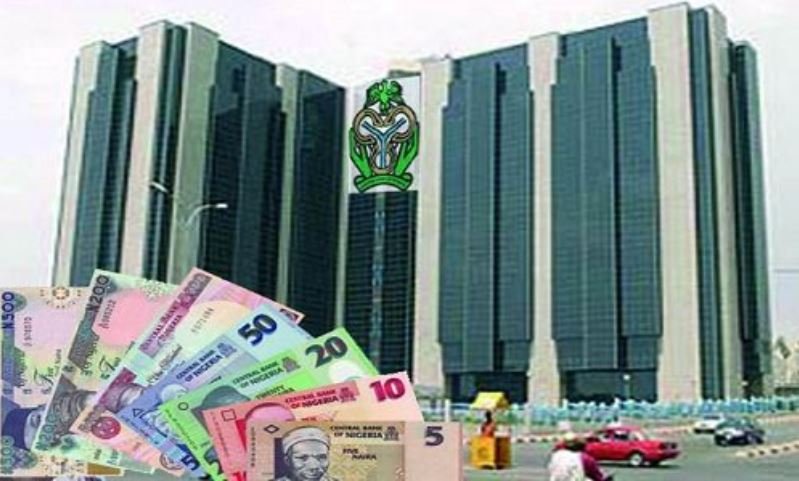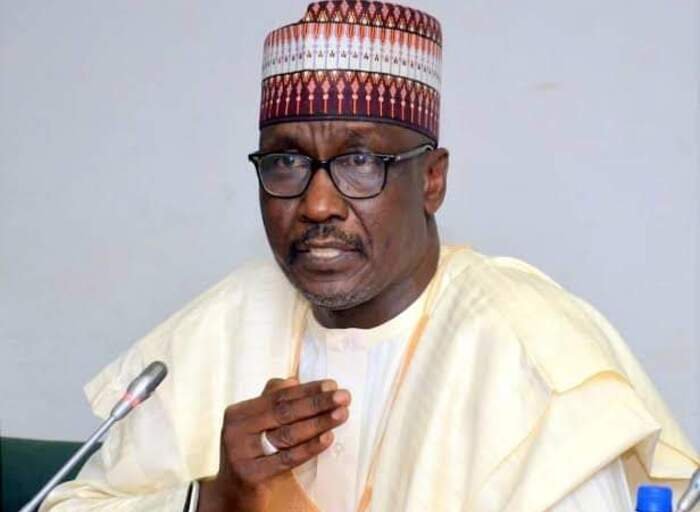The Federal Government has stated that Nigeria’s nominal GDP hit N60.93 trillion in the second quarter of 2024, indicating considerable economic growth.
It also declared its intention to adopt policies to help detect inefficiencies and ensure that resources are directed to their intended goals.
Lydia Jafiya, Permanent Secretary of the Federal Ministry of Finance, stated this at a sensitisation event on the upcoming implementation of quarterly citizen and stakeholder engagement held at the ministry headquarters in Abuja on Thursday.
She noted that the plan is a big step towards increasing the transparency and accountability of financial policies and strategies.
She stated that the ministry has championed various changes aimed at increasing tax generation, decreasing leakages, and ensuring fiscal discipline, all of which have contributed to the nation’s GDP growth.
According to her, the country achieved a nominal GDP of N60.93 trillion, a 16.94 percent increase over the N52.103 trillion reported in the second quarter of the previous year.
According to Mohammed Manga, Director of Information and Public Relations, the second-quarter GDP growth was primarily led by the services sector, which increased by 3.79 percent and contributed 58.76 percent to the aggregate GDP.
The agriculture sector increased by 1.41 percent from 1.50% in the second quarter of 2023, while the industry sector increased by 3.53 percent, up from -1.94 percent in the second quarter of 2023.
The statement read, “It is pertinent to note that despite the challenging economic outlook, economic growth strengthened in the second quarter of 2024, with GDP growth by 3.19 percent (year-on-year) in real terms.
“This growth rate is higher than the 2.51 percent recorded in the second quarter of 2023 and higher than the first quarter of 2024 growth of 2.98 percent. The performance of the GDP in the second quarter of 2024 was driven mainly by the services sector, which recorded a growth of 3.79 percent and contributed 58.76 percent to the aggregate GDP. The agriculture sector grew by 1.41 percent, from the growth of 1.50 percent recorded in the second quarter of 2023.
“The growth of the industry sector was 3.53 percent, an improvement from -1.94 percent recorded in the second quarter of 2023. In terms of share of the GDP, the industry and services sectors contributed more to the aggregate GDP in the second quarter of 2024 compared to the corresponding quarter of 2023. In the second quarter of 2024, aggregate GDP at the basic price stood at N60, 930,000.58 million in nominal terms.”
She further informed that “this performance is higher when compared to the second quarter of 2023, which recorded aggregate GDP of N52.1tn, indicating a year-on-year nominal growth of 16.94 percent.”
Jafiya underlined the Federal Government’s commitment to advancing the nation’s economic growth through stakeholder participation, as well as the necessity of openness, accountability, and inclusive conversation in managing the country’s finances and economic policy.
The Central Delivery Coordination Unit’s Quarterly Residents and Stakeholder Engagement initiative strives to improve communication between the government and its residents.
This project is a significant step towards increasing transparency and accountability in financial policies and economic initiatives.
Earlier in his remarks, the Delivery Manager, Central Delivery Coordination Unit, Uyi-Aivinhenyo Osagie, stated that the sensitisation session on the implementation of stakeholders’ engagement by the Federal Ministry of Finance was aimed to enlighten citizens’ groups on the Ministry’s performance in delivering on the 8 Priorities of President Bola Tinubu’s Administration, especially in the area of ensuring our nation’s sustainable development and economic stability.
With this stakeholder engagement and others coming shortly, Mr. Osagie stated that the Ministry has begun the process of involving citizens in the implementation of the performance contract, which was previously signed with Mr. President.
“This will involve informing, sensitising, effectively engaging, and prioritising stakeholders’ inputs in the implementation of its ministerial deliverables. The goal is to build better relationships with stakeholders, which can lead to improved citizen collaboration and performance of the Ministry.
“All stakeholders, as well as citizen groups, now have an opportunity to understand the critical work the Ministry is doing towards reforming the economy, make informed inputs, and raise observations and recommendations to help the government achieve its desired outcomes,” the statement concluded.











